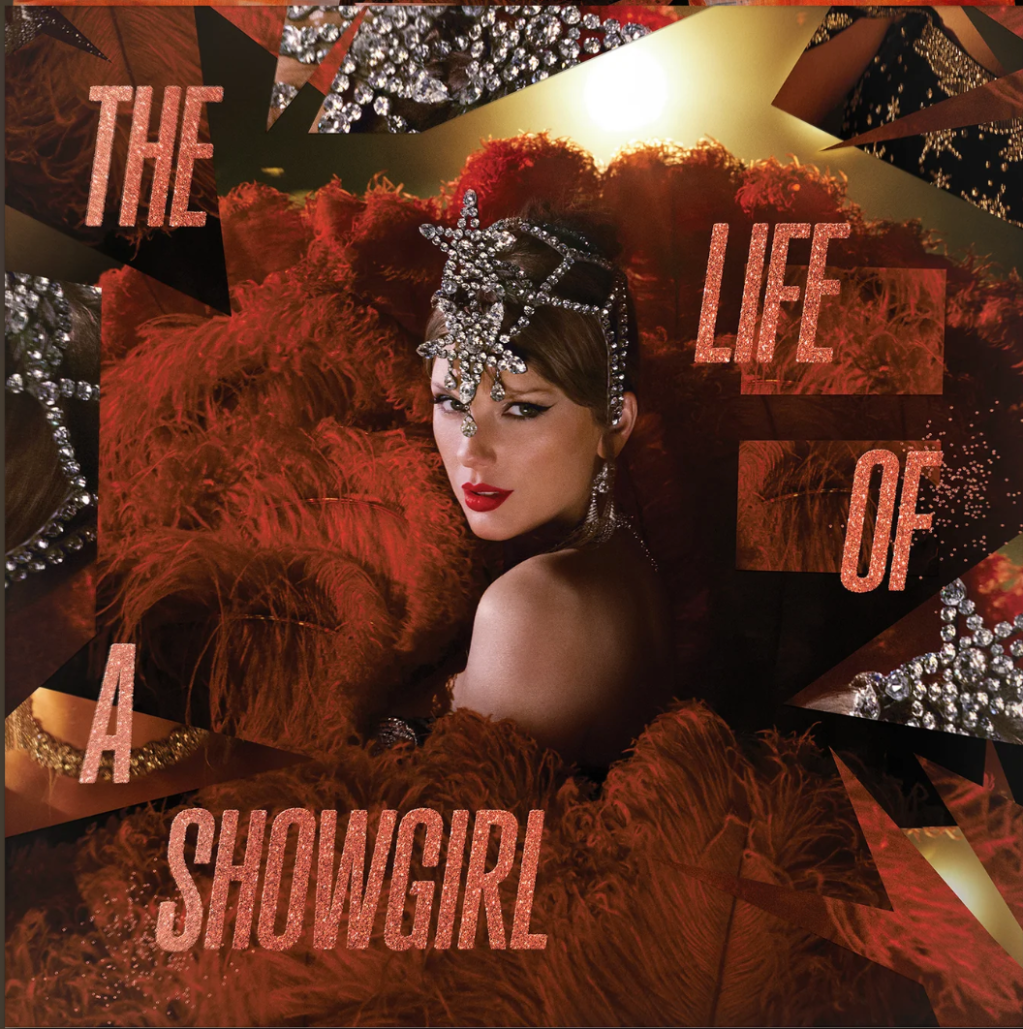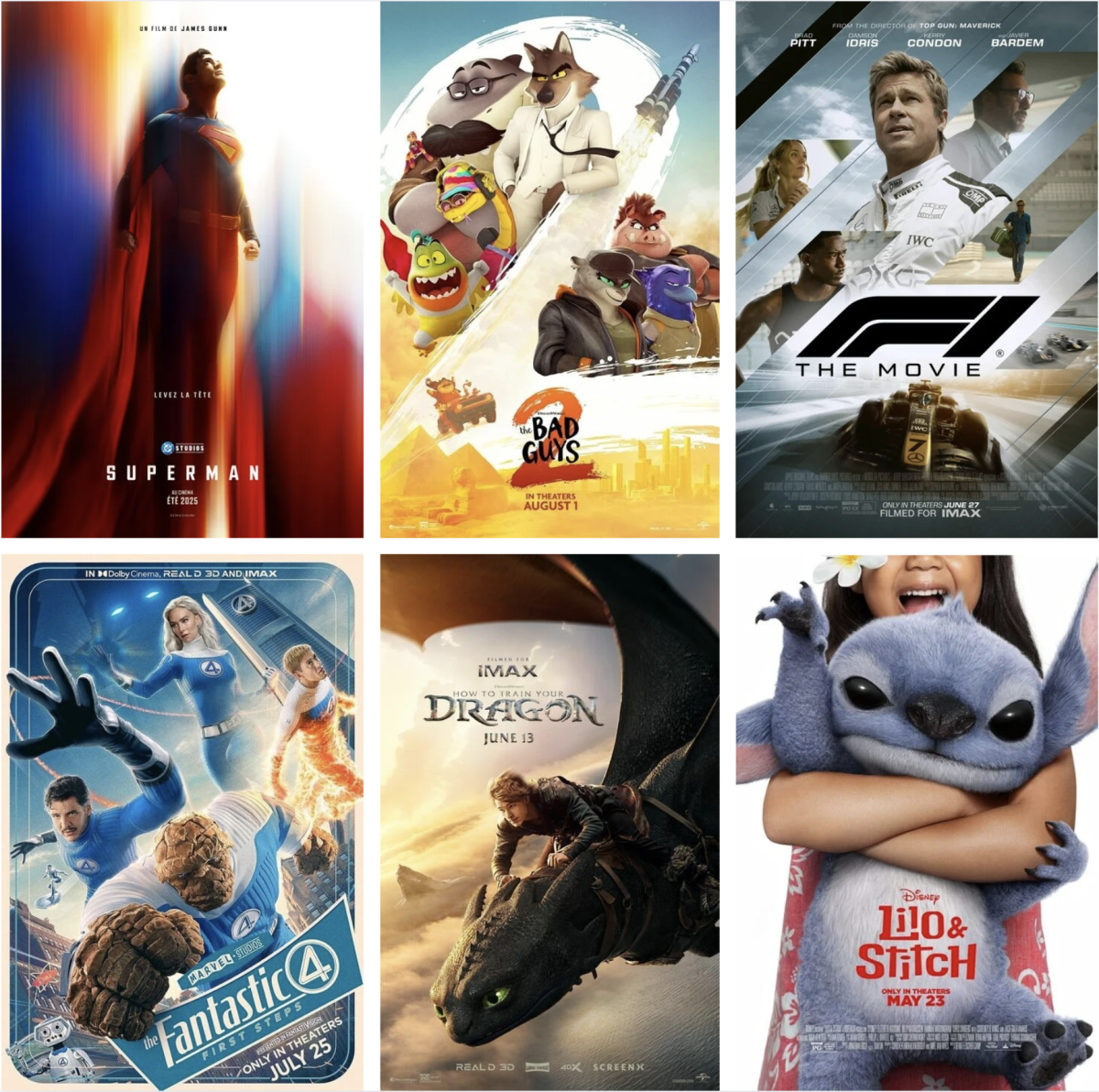Following the premiere of “Barbie,” I heard a lot of people write it off as a movie trying too hard to explore feminist themes, or just “too cringe.” When I tried to defend the film, people quickly moved on from my opinion as if it was embarrassing for me to even try.
This reaction, while not uncommon, is a part of a much larger pattern of how we react to all kinds of media that focuses on women. Movies like “Barbie,” which are targeted towards little girls, are often dismissed as “cringe,” while male-targeted films like “A Minecraft Movie” get hyped with almost no scrutiny. It’s not just critics doing this — teenagers do it too, often without realizing how their bias plays a role. The bias is often subtle and internalized, but it shows up in the way people instinctively categorize certain media as unserious or excessive just because it centers emotions, aesthetics or perspectives associated with femininity.
Stories about women — whether they’re emotional, complex, or unconventional — are treated as niche, controversial and simply less important. But when men are the center, their stories are treated as the norm. Look at the response to “Little Women,” “Jennifer’s Body” or even “Wonder Woman.” All three films had to fight to be taken seriously despite strong box office numbers, all because being about women still means a film has to justify its own relevance.
And it’s not just which stories get told — it’s also about who’s telling them. Female artists constantly face a different set of expectations. Taylor Swift, for instance, gets mocked for being too dramatic when she shares personal stories through music. But compare that to Kanye West, a male celebrity and artist who built his career around publicly sharing his pain and chaos, who was praised for being a visionary genius, even when his behaviour crossed lines.
The imbalance is visible even more on red carpets, in interviews and in the way movies are marketed, remembered and responded to by the audience. Scarlett Johansson has spent years answering questions about her body or costume in Marvel films, while male co-stars are asked about their stunts or character development. The reaction to “Barbie” isn’t an exception but an exemplar of a deeper bias still embedded in mainstream culture.
Internalized sexism plays a major role in shaping reactions, too. Even when films represent women’s success, they’re often sexualized or misrepresented. For example, in “Jennifer’s Body”, although it was a movie with a sharp, satirical take on girlhood, violence and revenge, the feminist message was buried under marketing that framed it entirely around Megan Fox’s body, targeting straight male viewers instead of women for whom the film was written. The women of these movies were frequently treated as sex symbols first and complex people second, making it easier for critics and audiences to dismiss the storylines as shallow or unserious, even when they were anything but that.
Meanwhile, media targeted towards men, such as “Oppenheimer” and “James Bond,” are treated as major events or just moderately good, without needing to prove themselves. The tendency to gravitate toward masculine-coded media isn’t questioned — it’s normalized. So even though these films are still being marketed like any other movie and with the same approach, it’s judged by an entirely different set of rules.
This double standard extends beyond the box office and individual movies. When women’s stories are dismissed and belittled, fewer projects are funded. Fewer nuanced, complex depictions of femininity make it to the big screens, and audiences, especially young women, see fewer reflections of themselves treated with seriousness or respect.
Until these double standards are addressed, not just by filmmakers but by the audience as well, women’s representation in media will continue to be treated as something extra, a risk instead of a norm. Movies about women will still be called niche, and audiences will continue to receive the message that media about men is universal, while media about women is a special case.
But this can change – the next time you hear someone call a female-centered film cringe or too emotional, question where that reaction comes from. Support the media that challenges the norms because representation isn’t just about inclusion — it’s about rethinking the standards we use to judge what matters in the first place.








